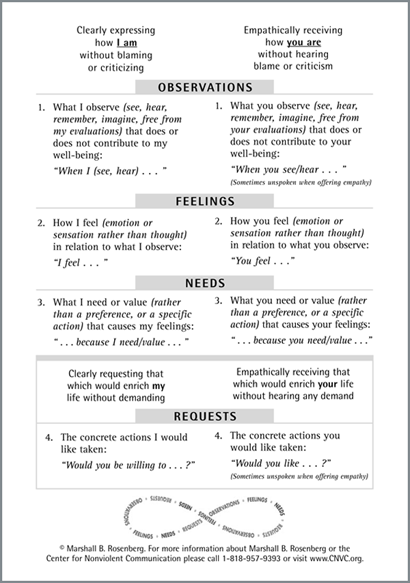
How do you process past experiences? How do you vision and plan future possibilities?
Journaling is an embodied practice that connects mind and body by bringing pen to paper. This releases stored thoughts, memories, dreams, ideas, and more. The hidden potential of your subconscious finds a path into the world.
This may be a cathartic release: let it out, let it go.
Surprising new insights may emerge: organize your thoughts, create action items, then move your dreams into reality.
If you are already journaling, then how can you enliven your practice? What areas of your journaling practice feel dead or outdated? How can you breathe fresh air into this area of your life?
If you are not current journaling, then try it. Set the stage (see below), then commit to at least a month of daily writing. With so much stimulus in our daily lives, journaling offers solace, an opportunity to rest, reflect, and dream.
Ritual
Create a daily journaling ritual by setting the stage, then committing to it:
- Choose a dedicated journal that feels good, and a smooth-flowing pen or pencil.
- Journal at the same time each day (I like first thing in the morning)
- Journal at the same location each day
Stream of consciousness
Julia Cameron’s “The Artist’s Way” book calls for three pages of daily stream-of-consciousness writing, first thing in the morning, every morning. This is an integral process in Cameron’s process of sparking creativity, and living an expressive life.
I commit to one paragraph, but usually fill at least one page. Do what feels best for you. If your time is limited, then simply commit to laying pen to paper for a few minutes each morning.
Doodling
Stream-of-consciousness writing may include not only text, but also doodles. Sometimes, our thoughts are so unformed that no words arise; only shapes or colors emerge. Have colors on hand to simply make marks: small blots, large splotches, lines that go nowhere but everywhere… experiment, and feel into it. I love crayons: they make immediate marks, and are easy to use. Again, find what feels best for you.
Prompts
If absolutely nothing comes to mind when sitting down to write, then here are some simple daily prompts:
- List three things that you are grateful for in this moment.
- List three things that you are grateful for that are coming (visioning the future).
- List three things that I saw/ heard/ felt yesterday (observational exercise)
- List three goals for today
Daily gratitude connects us with what is important to us, and a sense of connection and pleasure for what we have. It is particularly helpful to bring life into perspective during rough times: this life is a gift, and there is much to be thankful for.
Manifestation includes clearly visualizing our goals and dreams as reality. We first internally mobilize our resources, before outward action/ transformation can occur. Listing “future gratitude” and daily goals can help set this in motion.
The Journal
How can you personalize your practice?
I made a 4x5 leather cover out of recycled leather scraps. I make and insert 120 pages of fresh pages into my cover about 3 times a year. This creates a travel-friendly book that’s small and portable, and feels good: the natural oils of my hands lubricates the leather, which is shiny from daily use and years of love. I have used the same journal since 2008, and have stacks of inner booklets.
When I feel moody, I may freehand pages of purging words and doodles with large crayons, then rip and/ or burn it.
Create a daily ritual, then give it space to breathe. Adjust each day as necessary, but keep the basic structure: write everyday. Draw everyday. Choose one ritual activity that helps you intentionally clear the old and welcome the new to create more beauty, spaciousness, and joy in your life, and all the lives that you affect in your one wild and precious life.
Entering 2020
What were your highlights from 2019?
What challenged you, in 2019?
What are your yearly, quarterly, monthly, weekly, and daily goals in 2020?
How do you track and hold yourself accountable for your goals?
What is your life Purpose?
Are you walking in alignment with your Purpose?
How do your actions align with your intentions?
Happy New Year.
Resources
- Book a session with me for acupuncture, herbs, yoga, and wellness treatment/ consultation. I incorporate journaling and other lifestyle protocols/ resources into your treatment plan.











